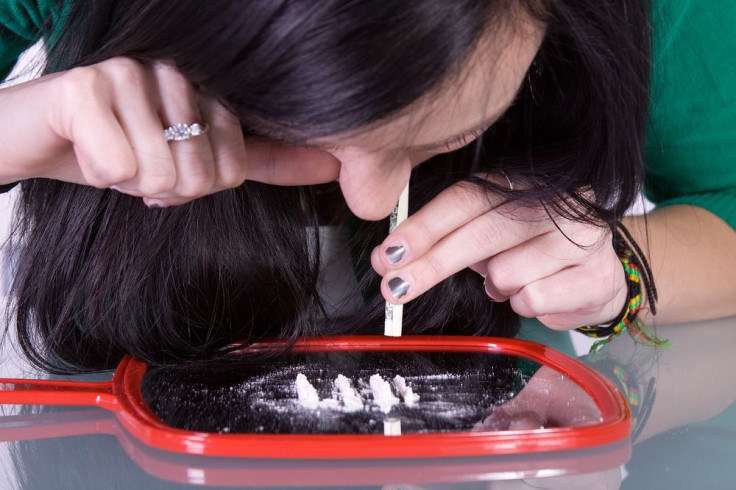Teens With Poor Working Memory Are More Likely To See Experimental Drug Use Become A Problem

Too often, use of marijuana, alcohol, and other drugs during adolescence is perceived as a gateway to riskier behaviors. Although there is some basis in that idea — that early drug users will go on to become addicts — a new study sheds light on what may be the actual case: Teens whose executive attention skills are stronger may experiment, but they’ll drop the drugs when it’s time to refocus their attention to their goals.
“Not all forms of early drug use are problematic,” said lead study author Atika Khurana, professor in the Department of Counseling Psychology and Humans Services at the University of Oregon, in a press release. “There could be some individuals who start early, experiment, and then stop. And there are some who could start early and go on into a progressive trajectory of continued drug use. We wanted to know, what separates the two?”
Khurana and her team found that differences in 11- to 13-year-old’s executive attention could predict whether they would be compulsive users or one- or two-time experimenters. As a component of working memory, executive attention involves taking all the “contents” of working memory (tomorrow’s schedule, food cooking on the stove, a baby crying in the other room) and determining which ones to process first, with the intention of achieving some goal. It’s through executive attention that willpower emerges, a result of its ability to direct our attention to one specific thing, spurring self-management and thus self-regulation.
For the study, the researchers used four different exams to assess teen drug use over the 30 days prior, as well as four tests to measure working memory. The memory tests included one in which participants were shown a sequence of lights on a screen, and then asked to repeat the pattern in reverse. Another involved hidden tokens underneath a set of boxes; participants were asked to find the tokens in a certain amount of time.
The researchers found that problematic drug use was more likely to emerge in participants whose working memory couldn’t handle impulsive behavior properly. In other words, it could be said that those who were able to focus their attention on what really mattered in life (other responsibilities, for example) were more likely to experiment with drugs, and go no further. “Prefrontal regions of the brain can apply the brakes or exert top-down control over impulsive, or reward seeking urges,” Khurana said. “By its nature, greater executive attention enables one to be less impulsive in one's decisions and actions because you are focused and able to control impulses generated by events around you.”
Though the findings can be applied to interventions among teenagers, the researchers also said that they can be applied earlier, in children as old as 3, who already exhibit problems with self-control. Parents can also strengthen their kids’ working memory through routines at home and cognitive stimulation. "We need to compensate for the weakness that exists, before drug experimentation starts to help prevent the negative spiral of drug abuse," Khurana said.



























